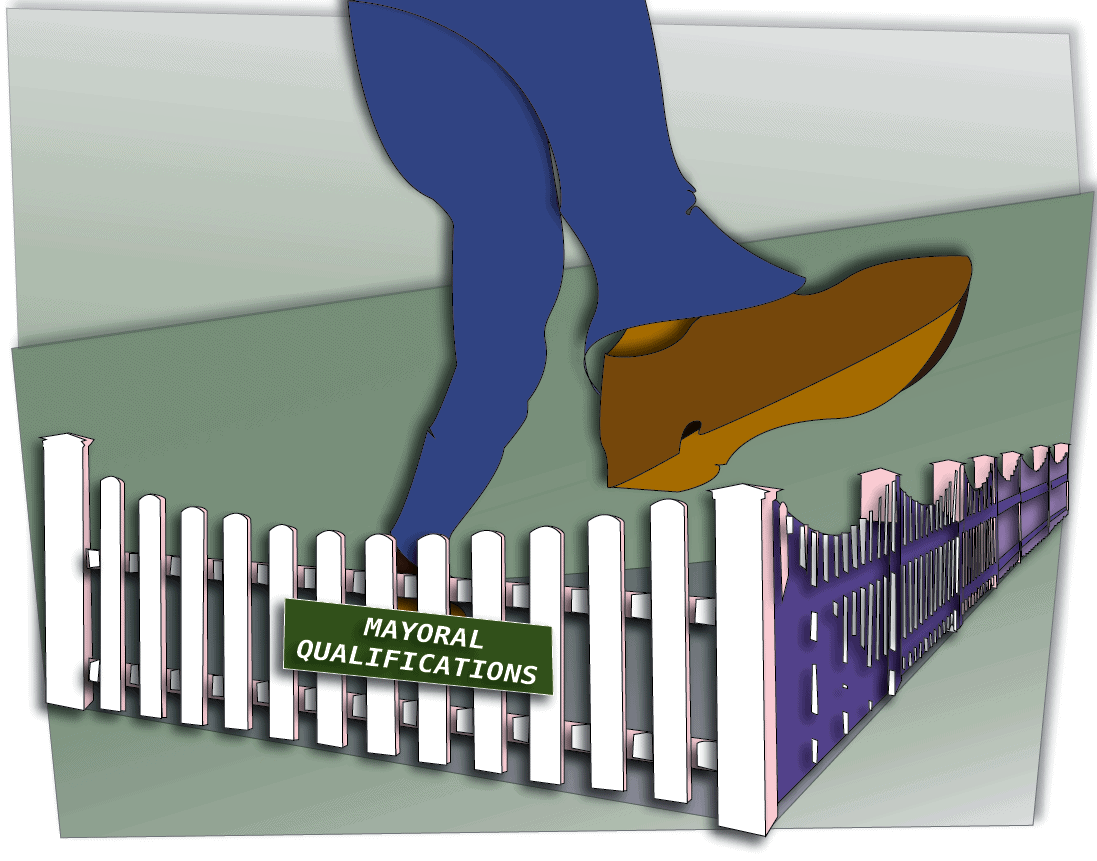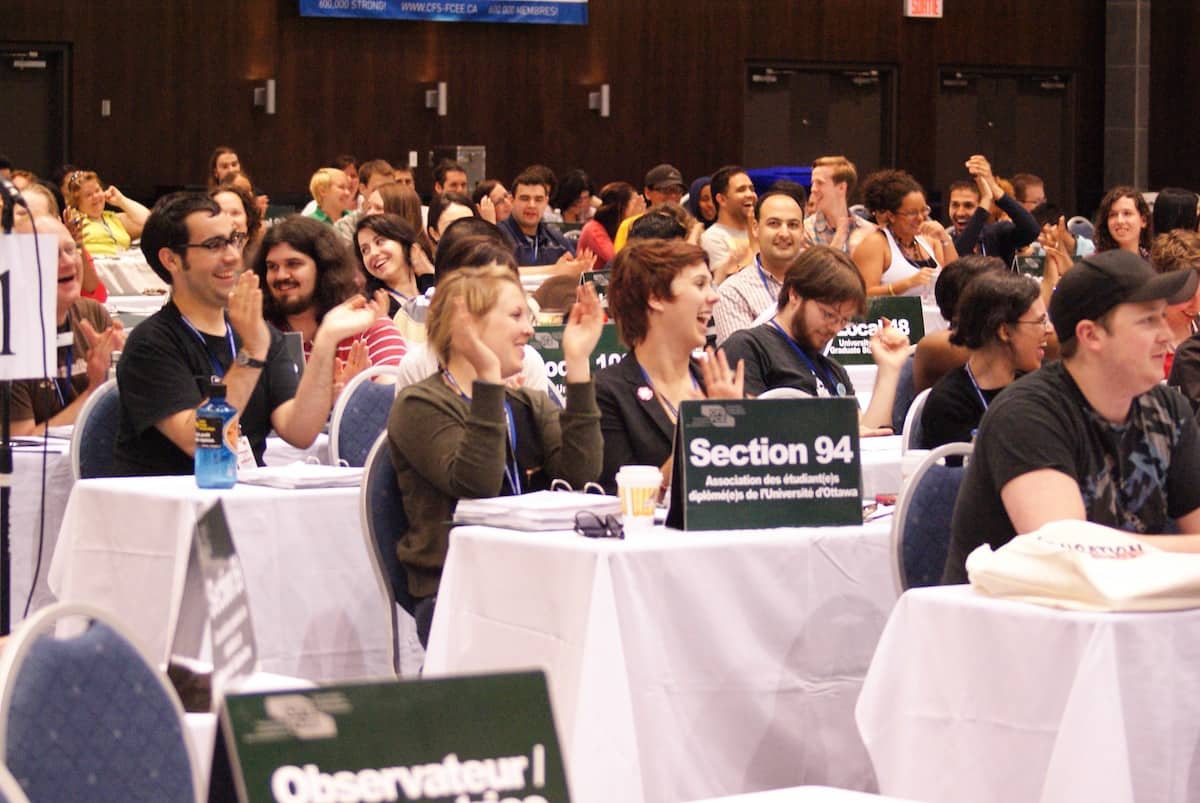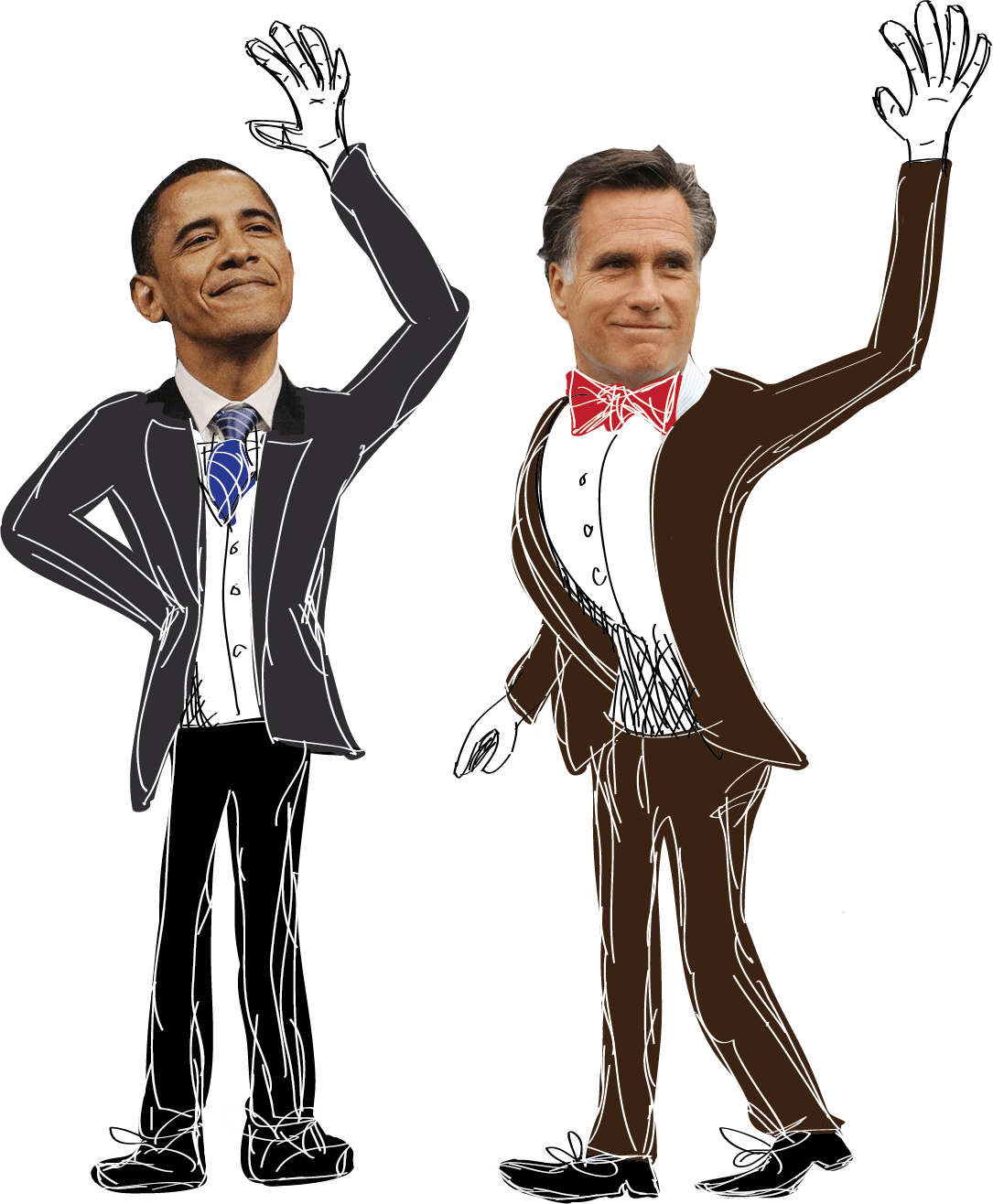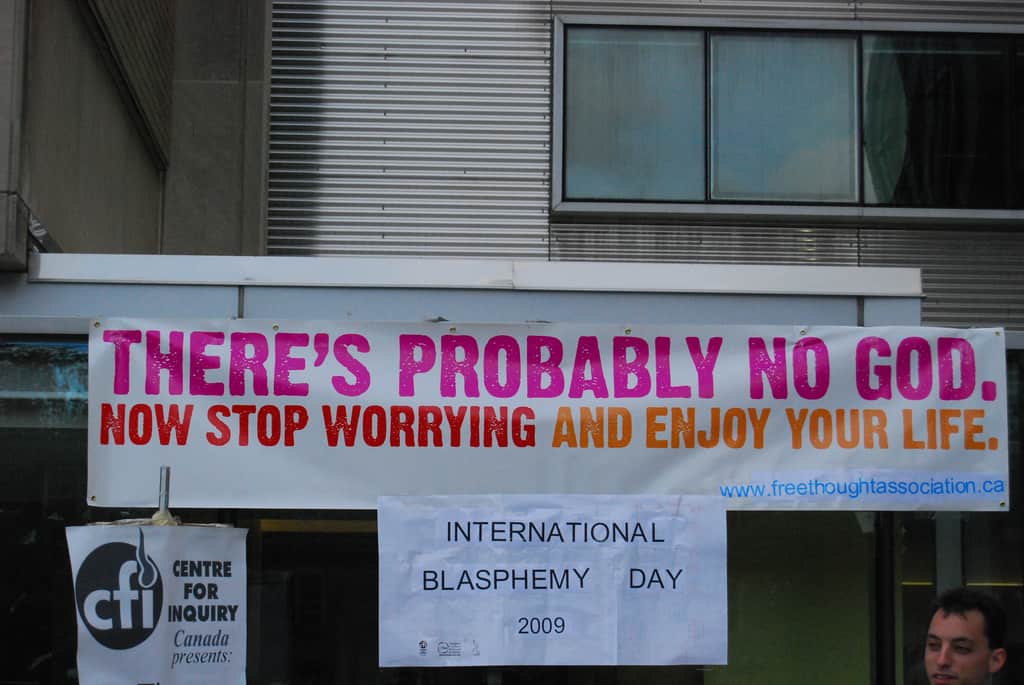THE UNIVERSITY OF SASKATCHEWAN’S MAIN CAMPUS IS SITUATED ON TREATY 6 TERRITORY AND THE HOMELAND OF THE MÉTIS.
THE UNIVERSITY OF SASKATCHEWAN’S MAIN CAMPUS IS SITUATED ON TREATY 6 TERRITORY AND THE HOMELAND OF THE MÉTIS.

By The Sheaf October 24, 2012
The next time someone sends you a topless photo of an acquaintance, don’t look at it, and definitely don’t let people mock the photo subjects. Stripping such images of their power is a personal choice we can all make: a small, but no less real or unimportant step towards making a vital change.

By Travis Homenuk October 24, 2012
Here’s a scary thought: I’m a Canadian citizen over 18 years of age and I have lived in Saskatoon for more than three months and in Saskatchewan for more than six months. What does this mean? I can run for mayor. Ermahgerd!

By Kevin Menz October 22, 2012
The Saskatchewan branch of the Canadian Federation of Students recently revamped its cheque-signing procedure, but that isn’t enough to convince me that the University of Saskatchewan Students’ Union should rethink its position on membership in the national student lobbying group.

By Ishmael N. Daro October 19, 2012
U.S. presidential elections seem to get longer every cycle. A president is hardly moved into the White House now before one or both major political parties start looking for their next candidates.

By Travis Homenuk October 18, 2012
I love Saskatoon. We may not have the poutine and bagels of Montreal, the oceanic views of the East Coast, or the nightlife of Vancouver, but there’s a lot to be said about our city of bridges. Because I love where I live, I care about the ways this fine city is run. Civic politics are important and should not be brushed aside. As Canadian citizens, we are beyond lucky to have the right to vote in civic, provincial and federal elections.

By Travis Homenuk October 14, 2012
October is arguably the worst month of the school year. The back-to-school honeymoon is replaced by the phase of students declaring, “I want to crawl under a rock and die.” Oh, sure, the majestic fall landscape reminds me of happier times, but now academia will monopolize every fibre of my body until exams are finished in December.

By Tannara Yelland October 14, 2012
On Oct. 3 the first of three presidential debates in the 2012 American election cycle aired internationally, and what a spectacle it was. Anyone watching could see how diametrically opposed the two candidates are, how vast and substantive the differences between them. For instance: the Democrat wore a blue tie and the Republican wore red.

By Alexander Quon October 10, 2012
The table in the Arts Tunnel boasted a sign loudly proclaiming, “Trade your soul for a cookie.” The station beside it asked passersby to “draw a deity.” These were part of the proud on-campus celebration of Blasphemy Day.